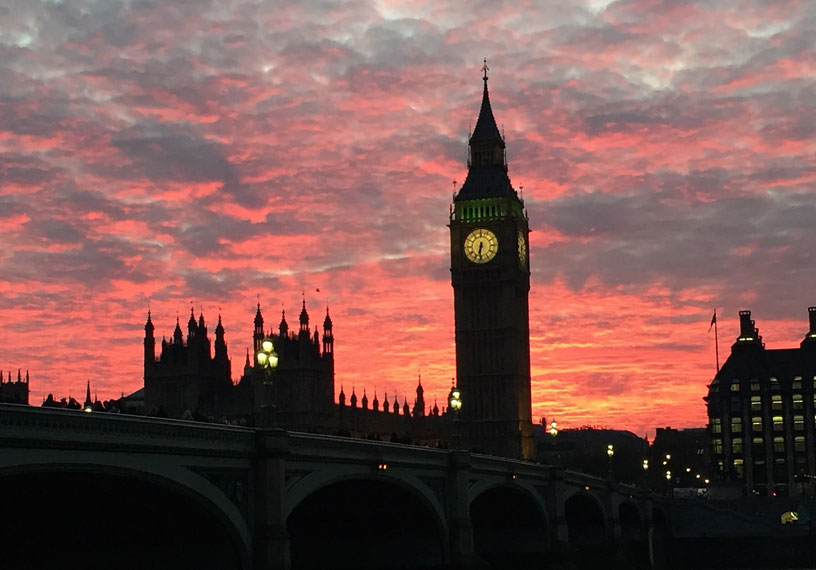Lords push back on Policing Bill
Members of the House of Lords have voted three times to remove draconian restrictions to protest from the Policing Bill.

The Policing Bill has been going back and forth between the House of Commons and House of Lords in a process known as 'ping pong'. In January we shared our success in helping to persuade the Lords to vote for changes to the bill. These amendments removed the provisions on noise, public assemblies and one-person protests.
MPs then voted to remove those amendments. The Lords insisted on putting the amendments back into the bill on 22 March. The Commons rejected them again on 28 March.
The Lords have now voted for a bit of a compromise. They've still insisted on removing the noise trigger for restrictions on public processions. For assemblies, they've voted to remove the blanket police powers to impose conditions, but voted to give the police the power to set the start and end time of an assembly. They've agreed to the government's offer to define 'serious disruption' in the bill.
These changes will now go back to the Commons in late April. The government will be under pressure to negotiate, because if they don't finish the bill before end of the parliamentary session, the bill will fall.
Quakers in Britain are coordinating a letter to the government this week to ask them to compromise. We ask Quakers and others to help us keep up the pressure during these final stages by tweeting, protesting, and writing to their MP and local papers. If you would like any support, particularly with responding to arguments in favour of the bill, please contact politics@quaker.org.uk.